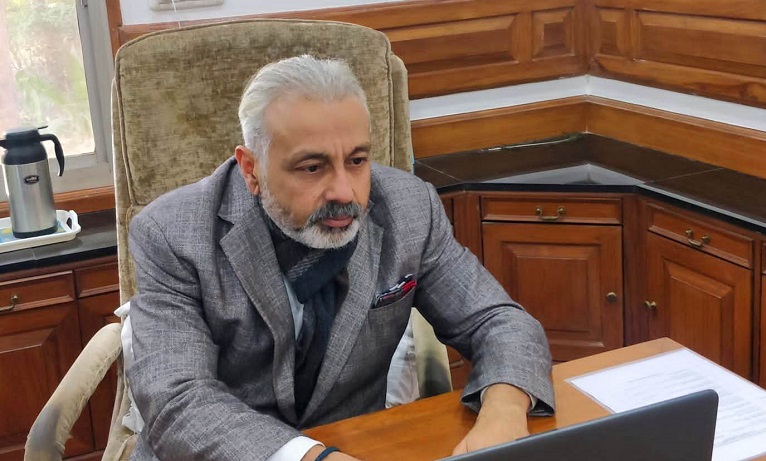Educational Equity, Skills and Opportunities
It takes strong, innovative education systems to enroll and educate all children; a system that must put learning first and go beyond traditional notions of what should be taught in schools. It must also reach all learners, whether in or out of school, to ensure that no young person falls behind.
Education and skills are inextricably linked. Young people cannot live empowered lives in which they decide their own futures without the knowledge and skills provided by strong educational systems. Learning gaps eventually manifest as poor skills in the workforce, making the transition from education to decent work even more difficult. This is why the gap between what education systems provide and what young people, communities, and economies require is getting widened.
Recently we had a conversation with Anoop Bishnoi, an established entrepreneur, and anexperienced educationist. Over time, Anoop Bishnoi has contributed to several learning programs across the country, whether initiated by private foundations or developed in the public domain. His vision is simple and cleari.e. Education should reach all and the learning system must include skill teaching as a core discipline. Here’s what he has to say about the current educational scenario, “Fundamental skills such as reading, writing, and math are essential for one, and so are transferable skills like communication, collaboration, critical thinking, and problem-solving. This holistic approach allows learners to adapt to changing labor markets, collaborate with others, and respond to global or local challenges. Moreover, digital technology has increased learning opportunities in unprecedented ways, but the benefits of the digital age are not evenly distributed. Because digital access and literacy are increasingly being used to determine equal opportunity, they are critical for all children, adolescents, and young people, regardless of where they live. The challenges we face are numerous, but change can begin when governments and all stakeholders demonstrate strong, long-term commitment and leadership. No country can afford to have a generation of young people who lack the education and skills necessary to shape a better future for themselves and their communities.”
For many, school doesn’t equal to learning.The magnitude and scope of this crisis pose the most significant global challenge to preparing adolescents and youth for life, work, and active citizenship. However, if the challenges are big, so are the opportunities for change. The time has come for a learning revolution that involves a new way of thinking about education, learning, and skills. A revolution that will improve young people’s chances of finding decent work and living lives that allows them to make the most of their talents and potential.




Comments
Post a Comment